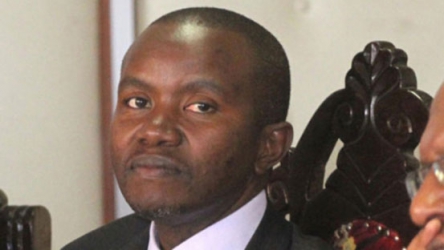×
The Standard e-Paper
Truth Without Fear

Saturday morning, barely 12 hours after the Independent Electoral and Boundaries Commission (IEBC) announced the winner of the hotly contested presidential election, all major local TV stations had moved on with normal programming.







